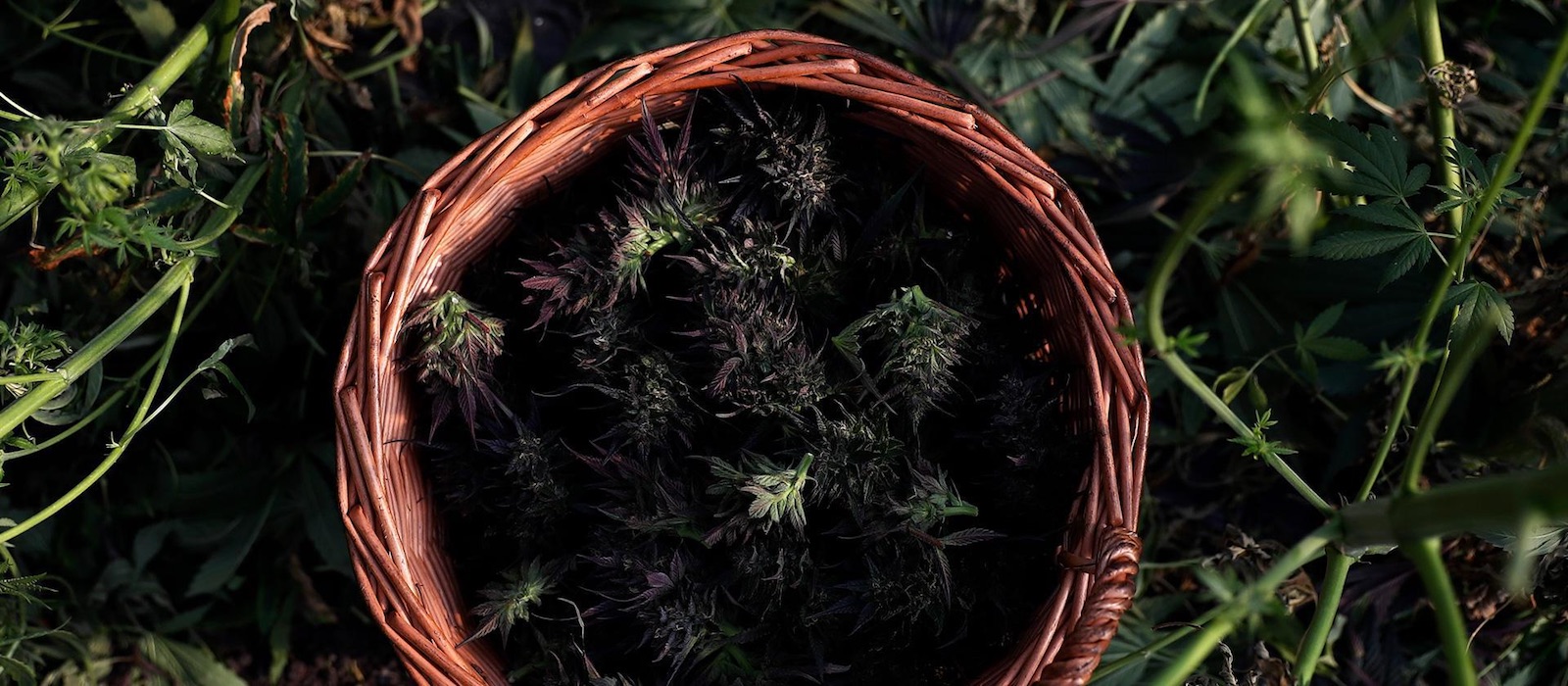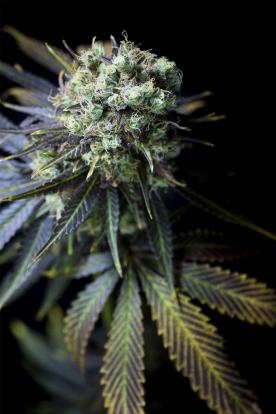- Virtually non-psychoactive and with the same therapeutic benefits, the product has met with approval from several European governments.
- Among them, Switzerland, where ‘cannabis light’ is legally sold in tobacconists and even in large supermarkets such as Lidl.
- Spurred by ambiguous legislation, Italy, too, is seeing a boom in the sector, with sales and popularity reaching unprecedented rates.

The cannabis industry is undergoing a true metamorphosis. The choice of cannabis-based products is wider than ever, and while only a few years ago users were barely familiar with one of its main cannabinoids, i.e. cannabidiol (CBD), today the substance has become a true industry changer, partly thanks to the many studies that support its therapeutic potential. As a result, this type of cannabis has attracted the attention not of only a whole new army of users who seek non-psychoactive relief for their conditions, but also of several governments who have resolved to decriminalise it.
Among the many CBD-rich products commercially available, the most sought-after is definitely 'cannabis light', which is simply average marijuana, i.e. buds, but with a symbolic tetrahydrocannabinol (THC) level of less than 1 per cent - instead of the high content that is generally the norm. This CBD-rich cannabis is not associated with cerebral effects such as euphoria, psychedelia, short-term memory loss and anxiety, being perfect for relaxation, for inducing sleep and for stimulating the appetite without necessarily having to get high.
This has turned it into the preferred choice of those who use cannabis as a treatment for their medical conditions, giving rise to a true 'cannabis light' mania that has been felt particularly strongly in Europe. In Italy, where cannabis laws are lax, producers struggle to meet the demand, while other countries including Switzerland have chosen to spearhead the revolution, decriminalizing CBD-rich cannabis and establishing themselves as leading producers in Europe.
The boom of Italian disobedience
Italy saw the outbreak of what has been described as a 'green gold rush' in 2016, coinciding with the coming into force of an act regulating hemp production, a series of norms aimed at reviving a crop that was once widely cultivated in the country - in 1940 Italy was said to be the world's largest hemp producer, second only to the Soviet Union. Industrial hemp has anecdotal levels of THC and its fibre has commercial uses like fabrics, food, paper and construction material, to name just a few.

The regulation of hemp, however, created a legislative void that led to an unprecedented boom: all of a sudden, the growers were allowed to sell hemp flowers if they specified the product is not for consumption but a collector's item, allowing hundreds of franchises to blossom by selling buds labelled as "not fit for eating or smoking". As a result, 'cannabis light', whose THC content cannot exceed 0.6 per cent in Italy, flooded the shelves of the country's grow shops almost overnight - annual consumption increased tenfold from 2013 to 2017.
This massive phenomenon of 'civil disobedience' generated a new economy, boosting employment while contributing to the normalization of cannabis, and now thousands of Italians use 'cannabis light', which is also available in pharmacies, 'grow shops' or 'hemp shops', to ease the symptoms of a number of medical conditions. Meanwhile, demand of THC-rich cannabis is such that the government started to import from the Netherlands and Canada, as many users have no choice but to turn to the black market or to grow illegaly.
These years of ambiguity, however, have failed to prompt a more liberal regulatory framework in the country, and with the members of the new coalition government taking opposing positions - the Five Star Movement advocates for legalisation while the right-wing Northern League is totally against it - it is hardly likely that things will be any different in the near future. Meanwhile, there is growing concern that the 'cannabis light' bubble may burst causing many to lose their jobs.
Switzerland, at the forefront of Europe
Switzerland was one of the first countries to decriminalise 'cannabis light'. Since 2011, buds with less than 1 per cent THC are legally sold in tobacconists and grow shops, and during these years 'cannabis light' has been normalised to the point that frequent users make no secret of their habit.

This new legal framework has also nurtured the emergence of a new economy, particularly in the production sector, with companies like KannaSwiss and CBD420 having flourished in the wake of the growing demand - the former has thousands of CBD-rich plants growing in its state-of-the-art greenhouses. Switzerland showed great acumen in buying into 'cannabis light' before any other country, and now that demand is on the rise in Europe, Swiss companies are in an excellent position to start exporting their products.
In fact, the German supermarket chain Lidl has already entered the Swiss cannabis market, with all its Swiss establishments now selling 'light' cannabis buds. Produced by the Swiss start-up The Botanicals, this low THC cannabis comes in boxes of 1.5 grams and is sold for 18 Swiss francs (€15.5 euros). Alternatively, there is a large option that contains 3 grams and costs 20 Swiss francs (€17.2 euros).

In Spain, while one can buy hash, concentrates, CBD oils and the like in grow shops, 'cannabis light' as such has not been regularized yet. Industrial hemp, instead, is completely legal as long as the level of THC is less than 0.3 per cent. As for France, cannabis containing less than 0.2 per cent THC is not subject to drug laws since last November, regardless of its form - dry buds, oils, etc.
This has prompted many entrepreneurs to open shops where they sell products that comply with this requirement. One of them opened recently in central Paris and run out of stock in a matter of hours. In light of this overwhelming success, the French Health Minister, Agnès Buzyn, said these shops were exploiting a loophole in the country's strict anti-drug policy and undertook to close them, denouncing the establishments as a threat to public health on grounds that they encourage drug use.
Despite the French setback, the situation in Italy and Switzerland is a clear indicator that 'cannabis light' is set to spearhead Europe's liberalisation process. Big firms like Lidl are already producing this type of cannabis and have it on display on their Swiss shelves, something unthinkable only a few years ago. Hopefully, this new boom will allow to break the legal deadlock in Europe helping the continent compete with the US in the race to lead the cannabis industry.




Comments from our readers
There are no comments yet. Would you like to be the first?
Leave a comment!Did you like this post?
Your opinion about our seeds is very important to us and can help other users a lot (your email address won't be made public).